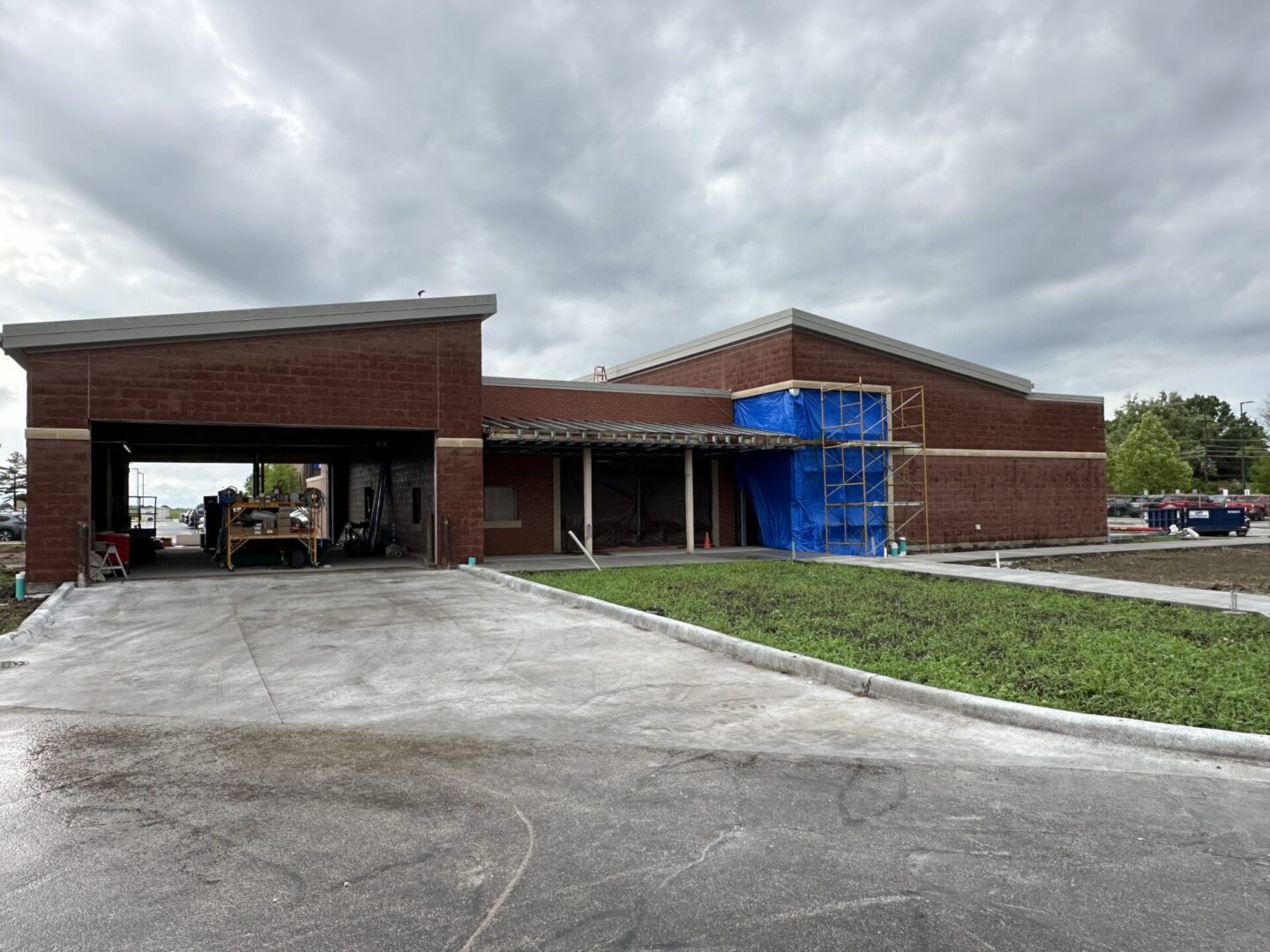Lured by tax incentives from Chicago and the state of Illinois 21 years ago, the marriage between Boeing and the state is coming to an end. The company has announced it is moving its headquarters to Arlington, Virginia.
“The region makes strategic sense for our global headquarters given its proximity to our customers and stakeholders, and its access to world-class engineering and technical talents,” Boeing CEO Dave Calhoun said in a statement.
Just before September 11, 2001 terrorist attacks, the company was showered with $60 million in tax incentives to come to Illinois from Seattle, its home for 85 years. Chicago was in competition with Denver and Dallas.
“Boeing’s decision to leave Illinois is incredibly disappointing – every level of government in our state has worked to make Chicago and Illinois the perfect home for Boeing’s headquarters for the past 20 years,” said U.S. Sen. Dick Durbin, D-Springfield, in a statement. “We are working together to ensure Boeing leadership both understands how harmful this move will be and does everything possible to protect Illinois’ workers and jobs.”
In 2020, Boeing estimated it had 513 full time employees in Chicago, but its current corporate headquarters, a 36-floor skyscraper in the Loop, has been described as a “ghost town” ever since the COVID-19 pandemic hit.
An analysis by the Better Government Association found that Boeing fell short of the promised 500-employee mark for at least four years.
Chris Edwards, director of tax policy with the Cato Institute, said he was never a fan of tax incentives for big companies.
“I think it is really unfair for states to give special subsidies to big corporations because of course, small businesses have to pay the full burden on taxation,” said Edwards.
Legislation was introduced which would have allowed Illinois to enter into multistate agreements to swear off enticing each other’s corporate headquarters with tax incentives.
The bill’s sponsor, State Rep. Bob Morgan, D-Deerfield, said the measure was aimed at the tax dollars used to “poach businesses from other states.”
The two governors of Missouri and Kansas agreed to end subsidies that lure businesses across the state line.
Edwards said that type of agreement would be difficult to police.
“Some tax competition between the states is a good thing,” said Edwards. “It helps keep states on their toes and we want states to create a good environment for business.”
Boeing will still have a downstate presence. Last September, the company announced it will build the MQ-250 Stingray unmanned aerial refueler plane at a facility in Mascoutah. Construction of the plant is scheduled to be completed by 2024.
As part of the agreement with the state, Boeing has committed to an initial investment of at least $200 million over 15 years.
***Report Courtesy of the Illinois Radio Network***















